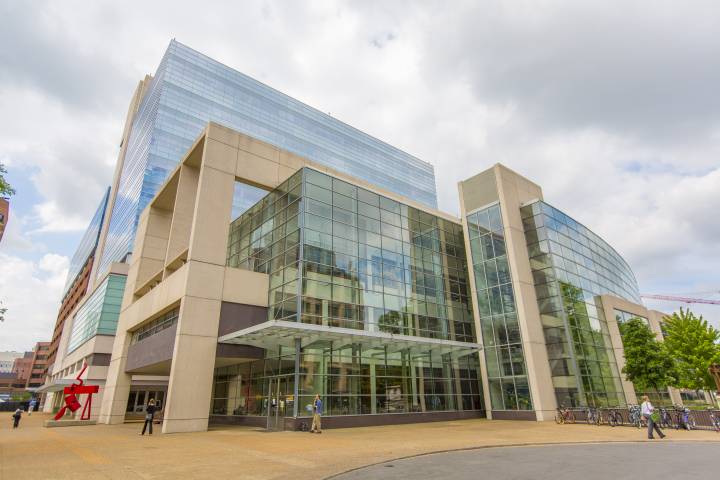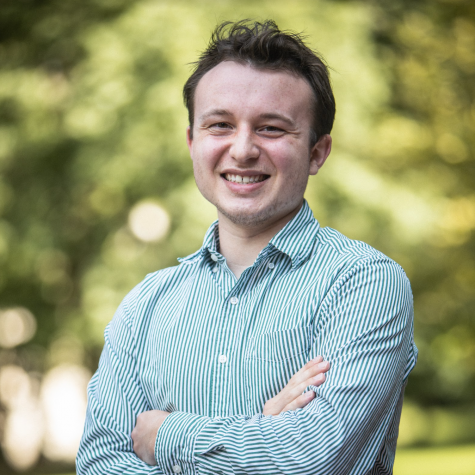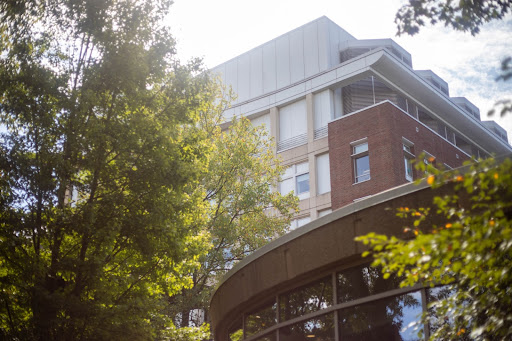On July 24, a study published in the Journal of American Chemical Society by Vanderbilt Professor of Chemistry Brian Bachmann detailed the discovery of a new antibiotic, derived from the microorganism Micromonospora, that can help fight antibiotic resistance.
Bachmann said that antibiotic resistance is a growing issue among prescribed antibiotics. This occurs when antibiotics are overused or misused and bacteria can evolve to evade these treatments.
Bachmann’s discovery was aided by former graduate student Emilianne Limbrick, who Bachmann said found the antibiotic accidentally in her research.
Per Bachmann, the finding was especially unique because the naturally occurring antibiotic was a fusion of two different antibiotics that each targeted different parts of the bacterial ribosome, a part of the bacteria that antibiotics target to fight infections; typically, antibiotics only target one region of the bacterial ribosome.
“This antibiotic is sort of a one-two punch, where it both hits a new target and is difficult for bacteria to get resistance to,” Bachmann said.
Limbrick said she saw this discovery as a key way to improve community health issues, such as fighting resistant bacterial infections.
“What’s great about this discovery is that we can get the bacteria to synthesize the antibiotic for us, which would synthetically take much longer,” Limbrick said.
According to Bachman, the discovery is also significant because it aims for a new target in the bacterial ribosome.
Per the Centers for Disease Control (CDC), 2.8 million Americans contract antibiotic-resistant infections annually, resulting in over 35,000 deaths.
“Someday, after going through the development process and passing all the hurdles, it could be a drug used in patients to treat antibiotic resistant bacterial infections,” Bachmann said.
















